By Ponciano “Pons” Batugal (Honorary Member ’64)
President, Farmers Community Development Foundation International (FCDF)
Vrods and Sis, distinguished Guests, good evening.
First of all, I would like to thank Dean Cion Raymundo for the very generous introduction.
Second, I would like to inform you why I am here tonight. When Vrod Abe Mandac invited me to give an inspirational talk, I wondered why I was selected to perform this important task for this very important occasion. Definitely, on the 45th anniversary of the founding of UPVL, an appropriate speaker would have been some kind of Senator or high official, not somebody who is engaged in farming and helping poor farmers improve their lives. Actually, I had already planned to visit my new FCDF project today, which is a project on developing a strategy and a model for “changing the hearts and minds of poor people” so that they could improve their socioeconomic status.

In the above photo taken at the 45th Anniversary party, Pons is joined (from left) by Cion Raymundo (Varronettes ’63), guest Angie, and Gloria “Ging” Macatol-de Peralta (Batch ’69).
The next day after Abe’s call, I accepted the invitation to be with you for two reasons: one, to atone for my deficiencies over the years in not attending the UPVL activities regularly; with the lame excuse that I was busy earning a living; and second, this would be an opportunity to meet a lot of you Vrods and Sis and get an update of your activities and status.
In preparing for this talk, I reviewed documents kindly supplied to me by your Officers. Two things struck me as very relevant to today’s national concerns, namely: the UPVL mission of “Perpetuating humane life for everyone”; and a UPVL code of ethics that “Consider public welfare and fellowship values”.
The current status, activities and achievements of UPVL, despite financial difficulties, are indeed encouraging and inspiring: over 1,000 members in Agriculture and Forestry, 58 members of Varrons Foundation, Inc., 23 UPVL alumni living abroad. Currently, UPVL is supporting some activities of undergraduate Varrons, including 18 thesis research, updating its Alumni directory and maintaining a financial resource of P205,000 with P135,000 under Trust.
In terms of achievements, UPVL has produced three Vice Chancellors of UPLB, two college deans, graduated four magna cum laudes and two cum laudes, garnered four Outstanding Teachers Awards, produced two top-notchers of Forestry licensure exams and several Alumni are serving as able leaders in managing our agriculture and environmental resources, whether in the public service or as entrepreneurs.
As I review UPVL activities and achievements, I say, that UPVL has gone a long way of sustainable growth in completing its 45 challenging years. More important, the mission and code of ethics that were set when UPVL was organized in 1962 are well said and well done! The only other area that needs further development are improving the financial position of UPVL and diversifying its membership to include students in the social sciences and engineering and I will illustrate later why this is important.
In summarizing where we are today, I found out that most members are involved in teaching, research, extension, entrepreneurship and nation building. Thus I decided that I will focus my speech tonight on: sharing my experience in some of these areas; identifying parallels or applications in your particular line of work. Then I will make suggestions on how your excellent achievements could further be enhanced to make UPVL even greater than what it is today.
Teaching
UP’s honor spirit re-examined
In my first year of teaching at UPLB, I assumed that the “honor spirit” that made UP students famous and admired in the past was fully operational. I found out that my assumption was wrong. When I gave my first closed-notes one-hour exam in my Agronomy 35 course, I told my class that at the end of one hour they will put their exam papers on the table and I will come and collect them then. However, I forgot my record book in the classroom and when I returned to get it at the middle of the hour, I saw somebody copying from her notebook. I told the class that I saw somebody cheat but if that student came to me and explained why she cheated, I might forgive her; otherwise I will give her an automatic grade of “5”. At the end of the hour 10 students came to me to ask that I forgive them.
To address this cheating problem, I decided that all my exams will be conducted with open notes. More than that, they can discuss the questions and the answers to my questions together, conduct research and consult anybody before they write their answers. For 10-minute quizzes, I required them to submit their answers on the next lecture day; for one-hour exams, on the succeeding week. For the final exam, I gave the questions one month in advance. I adopted this procedure as I realized that in real life, when confronted with a problem or opportunity, most of the time, you are not expected to address them right away. You normally study them, research on them or consult people before you formulate a solution. This is the same case in a learning situation. It should not matter where you get your answers provided that you learn. When receiving their answers, I interview the students to make sure that even if the answers did not originate from the student, at least he understood his answers. What is important in teaching is not to pass or fail a student but that the student has learned in any way possible. This is a major responsibility of a teacher for, as the saying goes, “If the student has not learned, the teacher has not taught.”
Last Updated on October 12, 2016 by Tudla_Admin


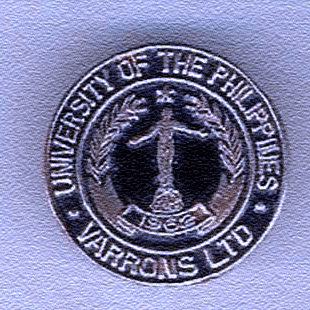




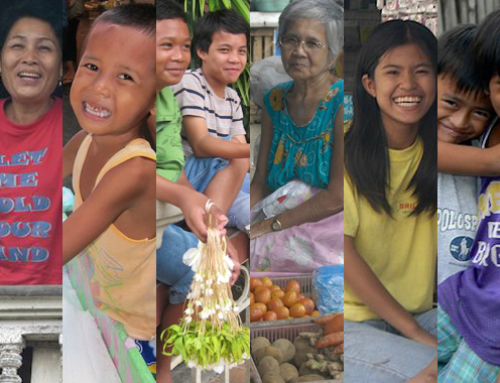


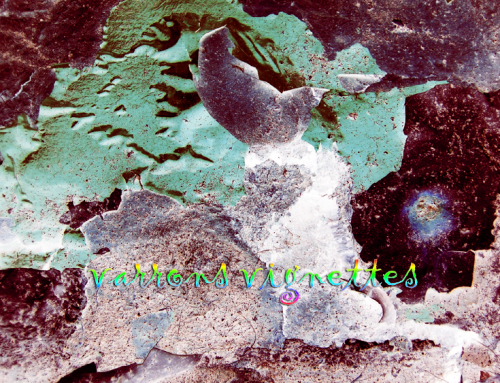
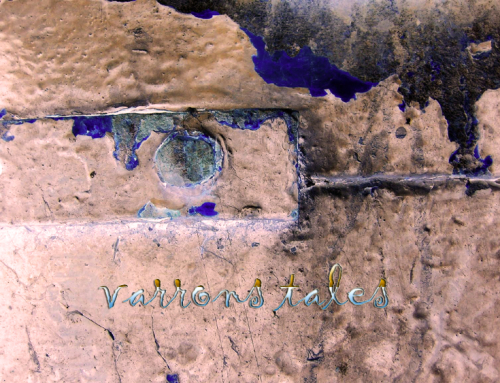
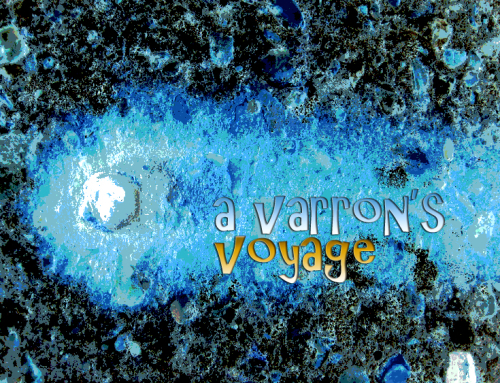



Leave A Comment